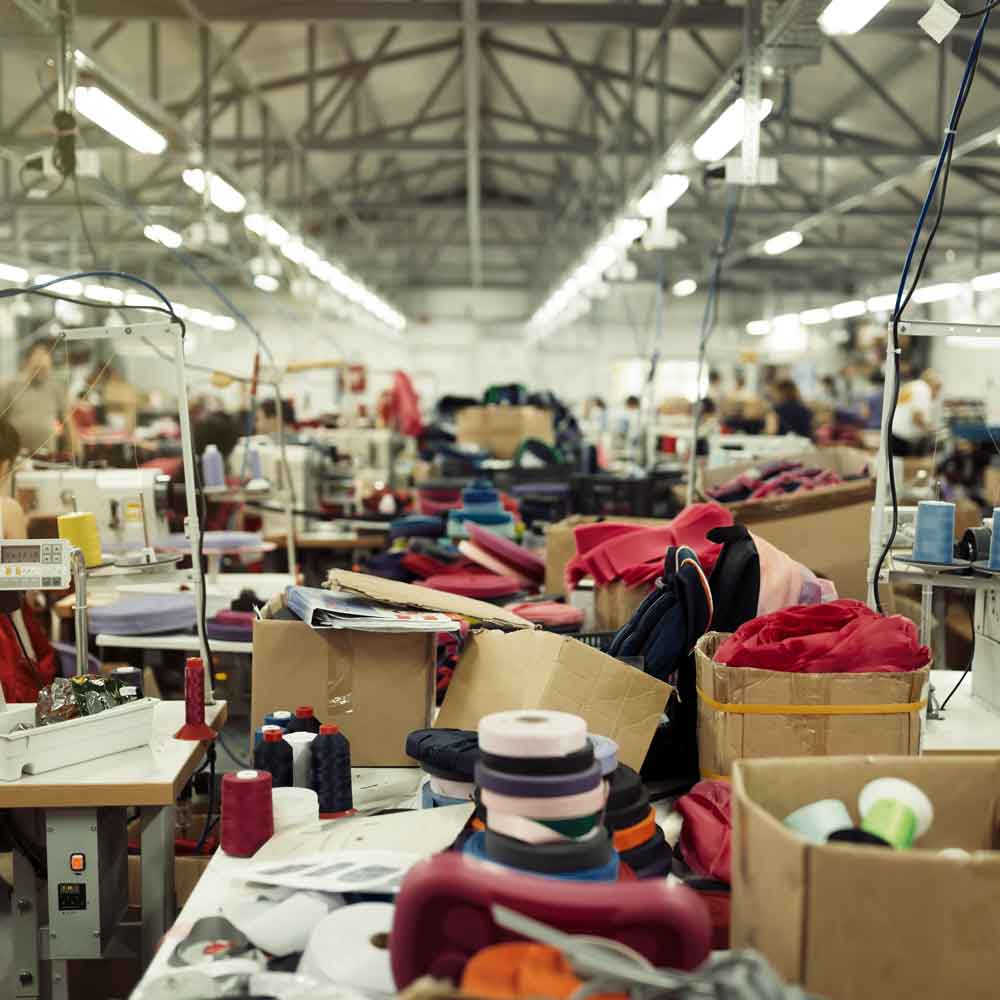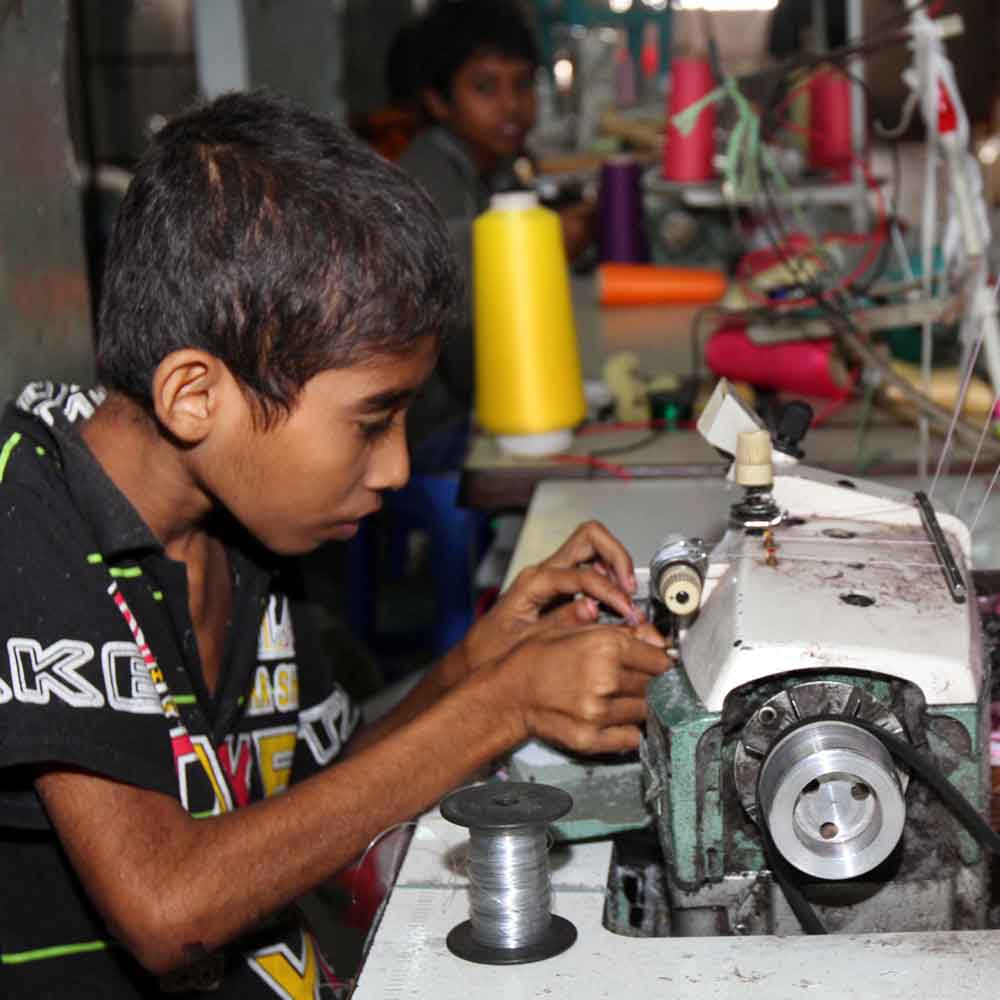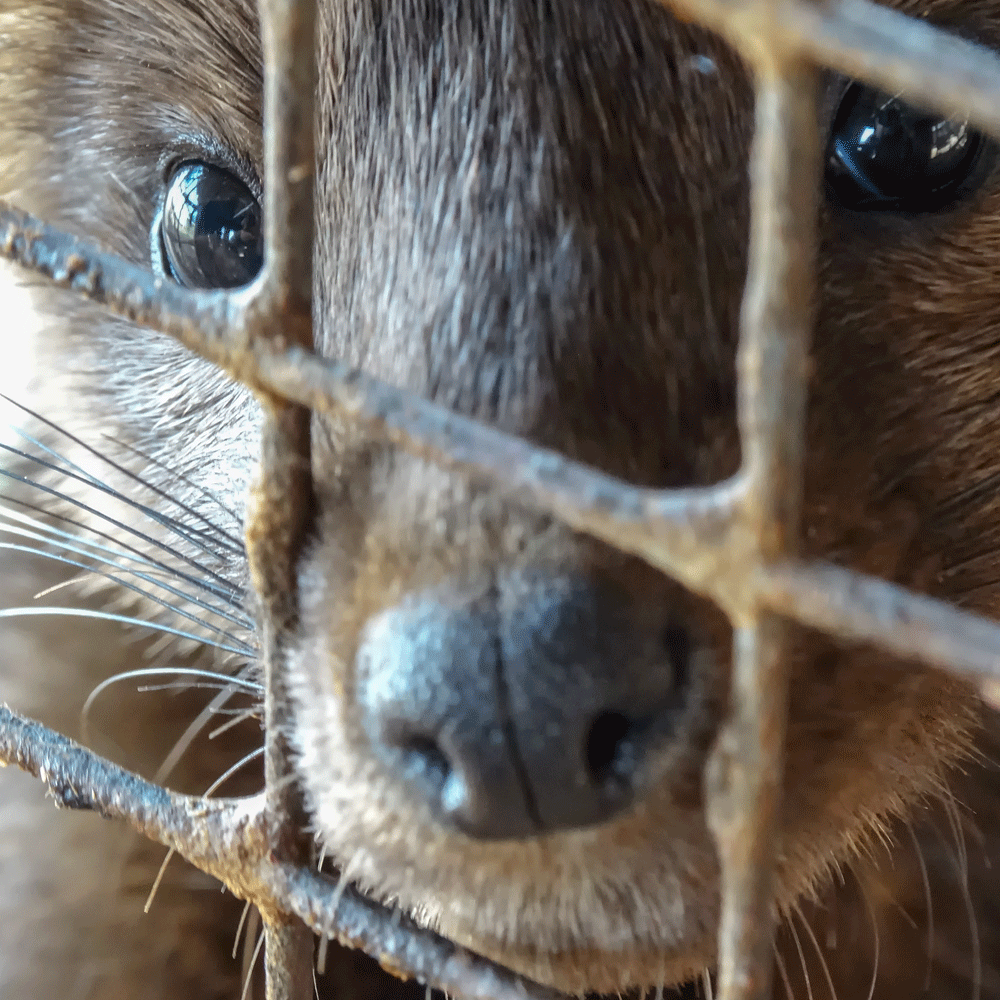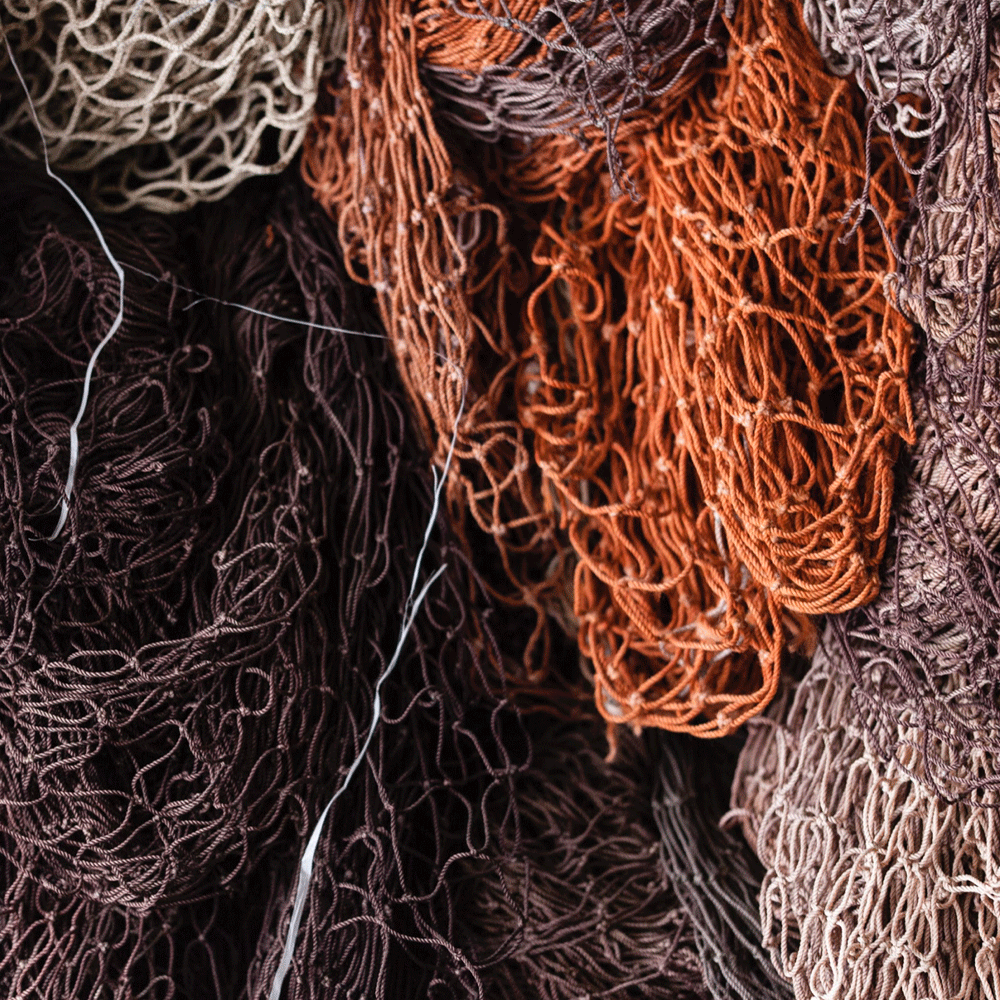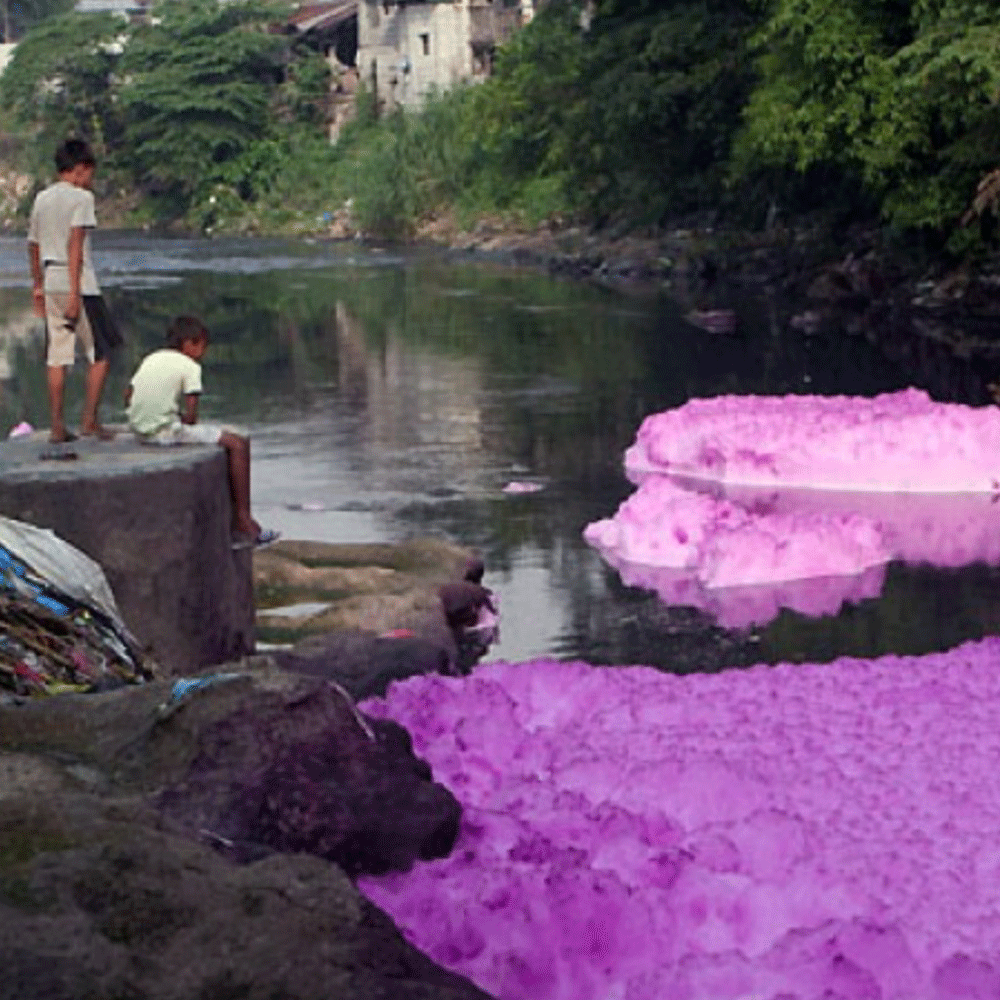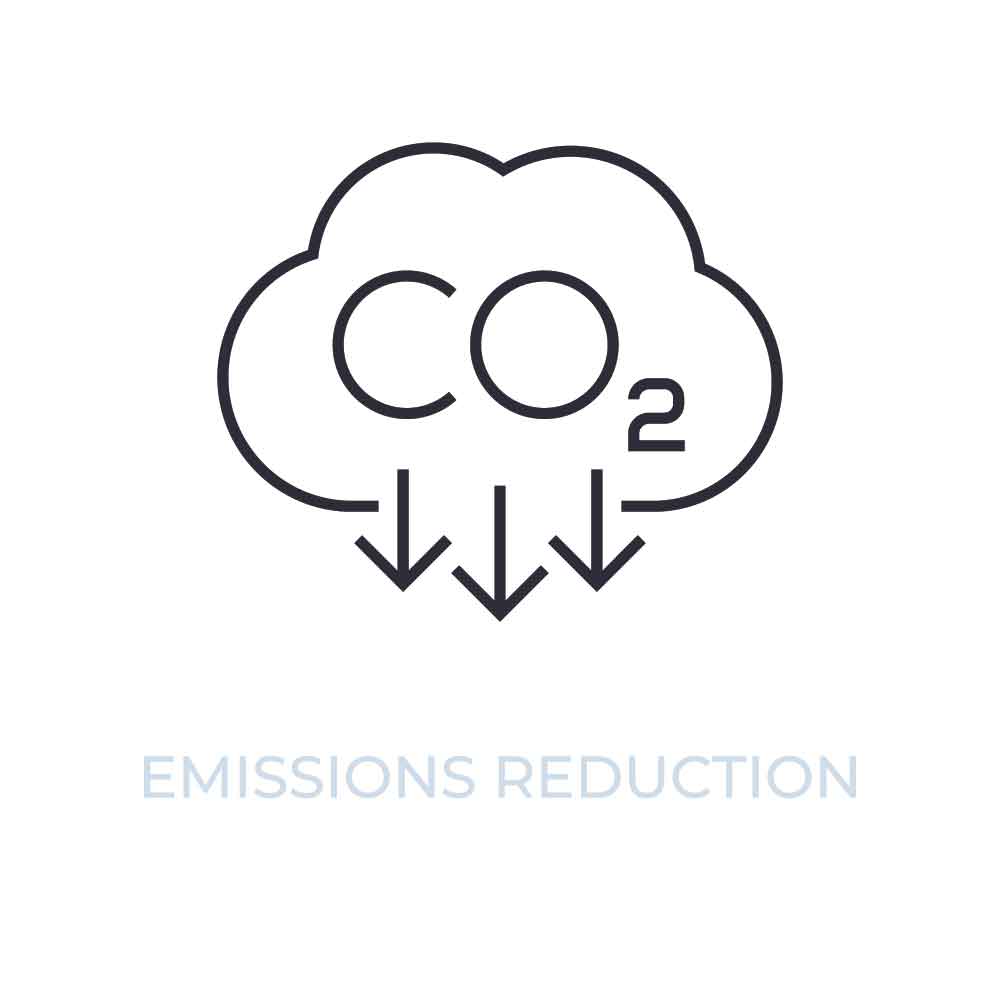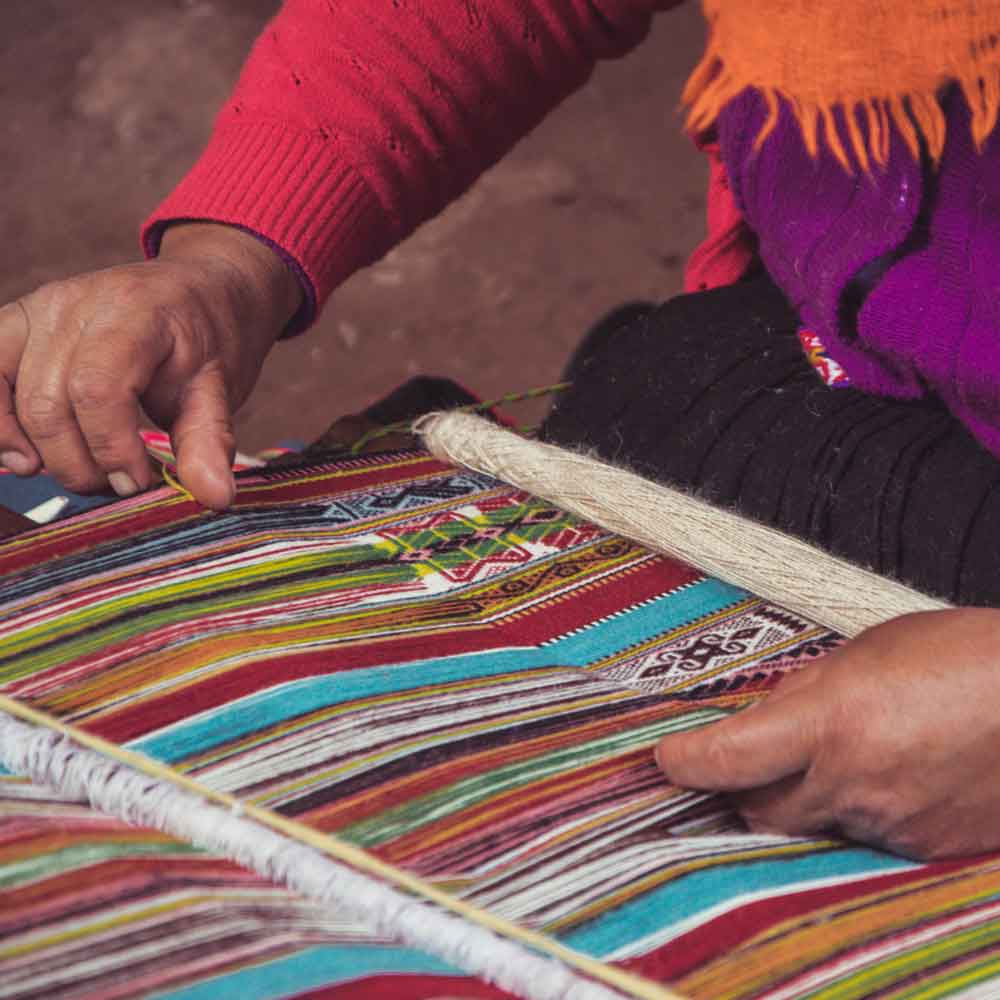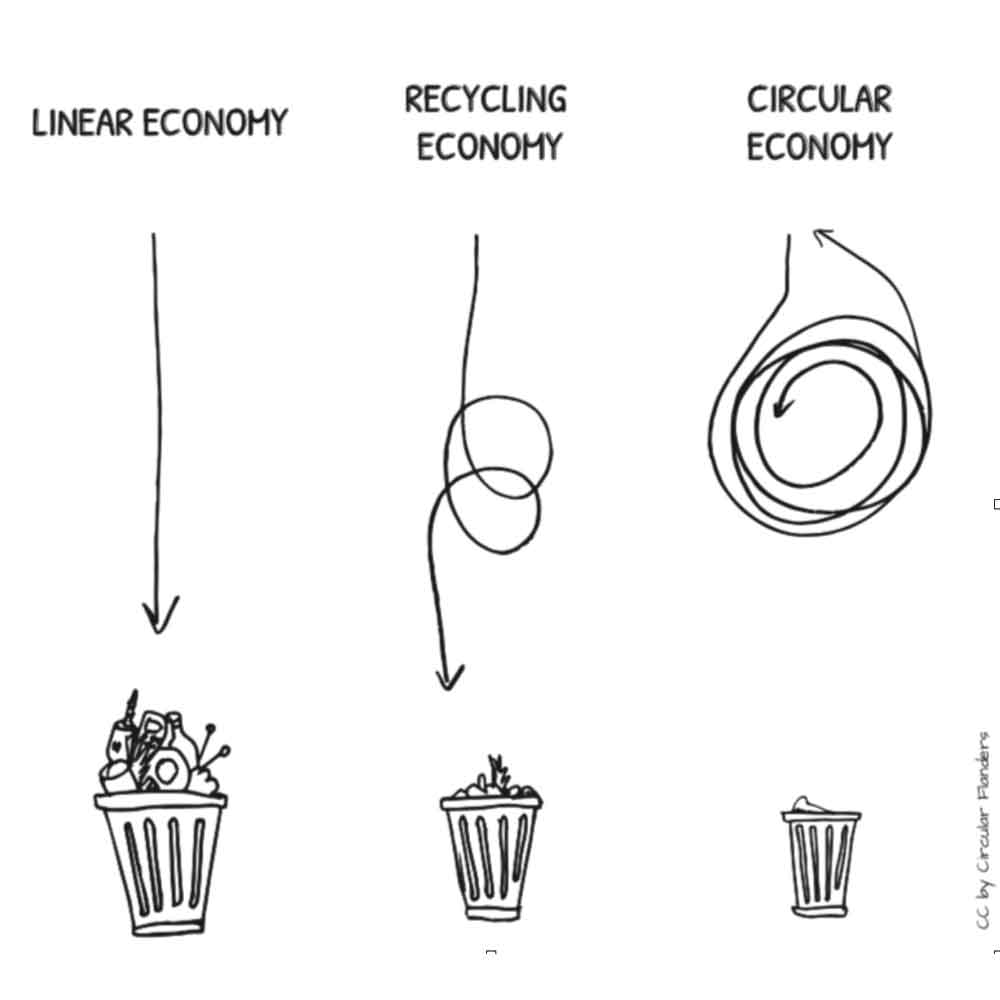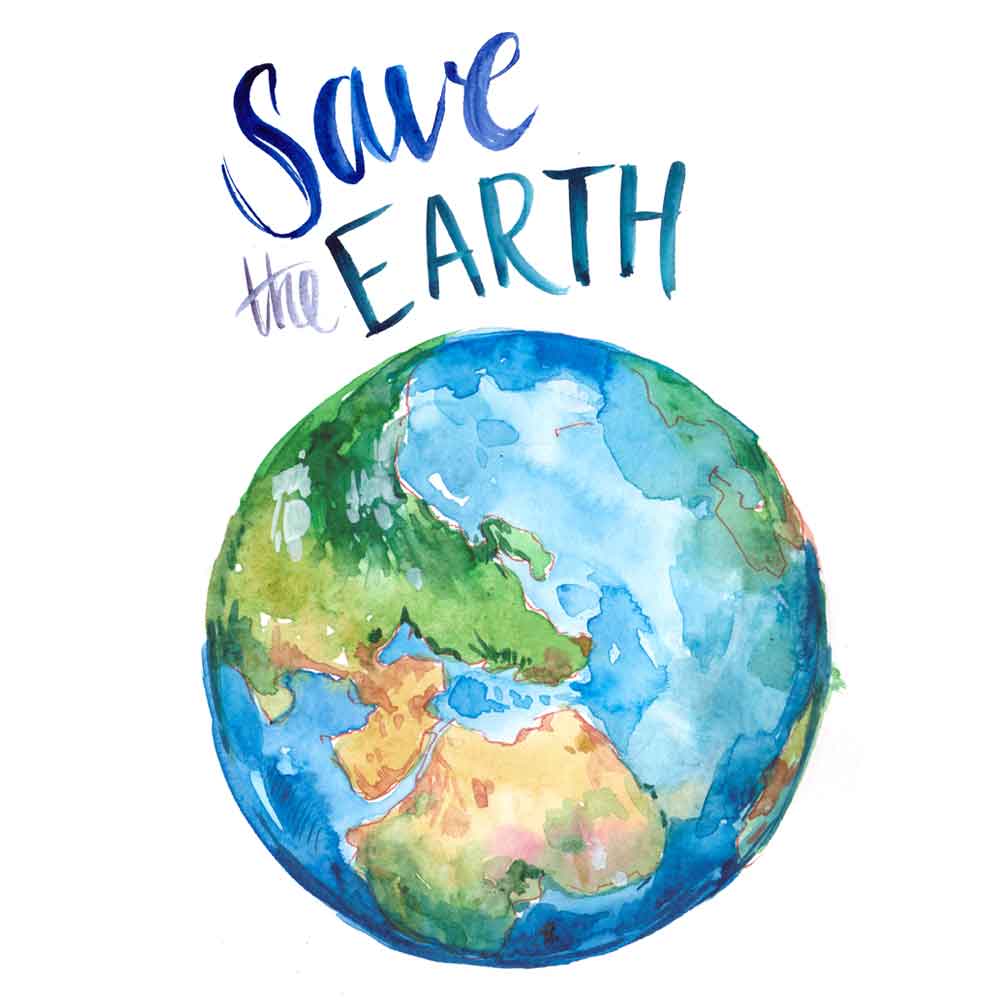Sustainable Certification Guide
There are many standards and certifications to manage supply chain transparency, ethical production, animal welfare, sustainable fibres whilst supporting artisans and giving back. ECOLOOKBOOK lists all of the certifications which guarantee that certain conditions have been met in relation to preserving our planet and respecting our people and animals.
Striving for sustainability and fairness, this ultimate guide aims to fulfil ECOLOOKBOOKS check list for making fashion that makes you look good and feel good.
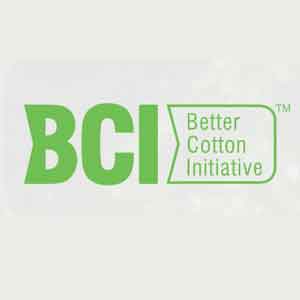
BETTER COTTON INITIATIVE (BCI)
Better Cotton Initiative promotes comprehensive production principles and criteria - social, environment, economic - for growing cotton more sustainably. Members span the entire cotton supply chain. [Switzerland, UK]
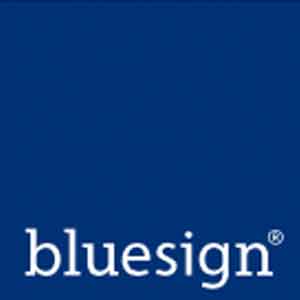
BLUESIGN
Indicates all the input streams from raw materials to chemical components and resources used are assessed on their ecological impact. BLUESIGN is a certification that helps to identify fabric and apparel producers that have analysed their manufacturing chain and are constantly investing in research and development in an active effort to reduce their ecological footprint. [SWITZERLAND]
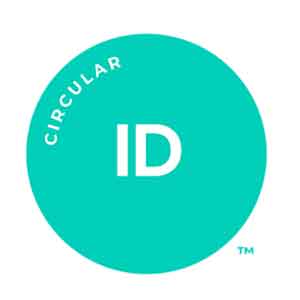
CIRCULAR ID
CircularID is the global standard and digital system for identification and management of products in the circular economy. CircularID makes it possible to identify and trace products and materials for reuse, resale, repair, rental, reverse logistics, recycling, and more. [Germany]
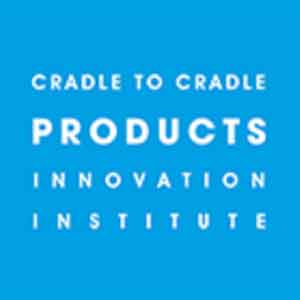
CRADLE TO CRADLE
Indicates a product that is either completely recyclable or biodegradable, and made with the lowest impact manufacturing processes that are not harmful to people or the environment in any way. The certification program applies to materials, sub-assemblies and finished product and is a chance for companies to demonstrate eco-intelligent design. [New Zealand, Netherlands]
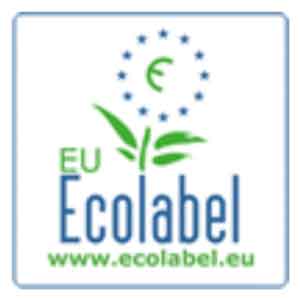
EU ECOLABEL FOR TEXTILES
The EU Ecolabel is a voluntary scheme to help companies market more environmentally friendly products. Assessments are based on life cycle analysis. EU legislation, international treaties and certification systems.
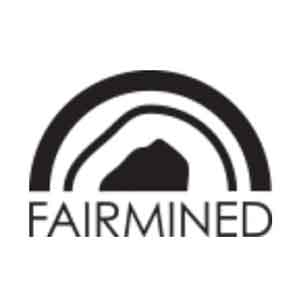
FAIRMINED
Fairmined is an assurance label that certifies gold from empowered responsible artisanal and small-scale mining organisations. It transforms mining into an active force for good, ensuring social development and environmental protection, providing everyone with a source of gold to be proud of.
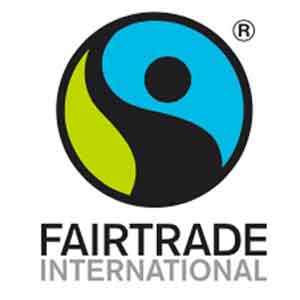
FAIRTRADE
The symbol indicates that the product has met certain social, environmental and economic criteria that supports the sustainable development of small-scale producers and agricultural workers in the poorest countries in the world. The Fair Trade organization essentially gives consumers the opportunity to help reduce poverty and instigate change by purchasing Fair Trade cotton and several certified food items.
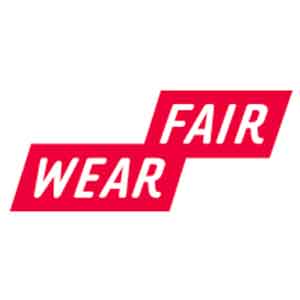
FEAR WEAR
Fair Wear Foundation is a global non-profit organisation that works with brands, factories, trade unions, NGOs and sometimes governments to verify and improve workplace conditions for garment workers in production countries such as Asia, Europe and Africa. Fear Wear keeps track of the improvements made by the companies it works with. Through sharing expertise, social dialogue and strengthening industrial relations, Fear Wear increases the effectiveness of the efforts made by companies.
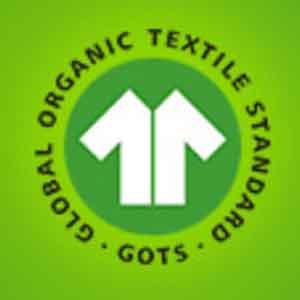
GLOBAL ORGANIC TEXTILE STANDARD (GOTS)
Indicates that the product is definitely organic through every stage or production from ginning to the labeling of the final product. This includes all aspects of manufacturing from use of biodegradable and toxin-free dyes, to low impact waste treatment and water supply systems in factories, fair labor practices and final products that are free of allergenic, carcinogenic or toxic chemical residues. This officially and internationally recognized standard is currently one of the most trusted organic textile certifications
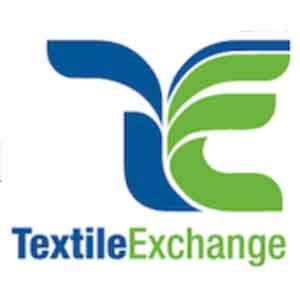
TEXTILE EXCHANGE
Textile Exchange is an international, member-supported, non-profit organization that was established in 2003 under the original name of Organic Exchange. Textile Exchange operates internationally and is committed to the responsible expansion of both organic cotton and all other sustainable textile value chains.
In 2007 Organic Exchange developed the OE 100 and OE Blended standards to verify the organic cotton content claims on products. The standards established a system for tracking and documenting the purchase, handling and use of certified organic cotton fiber. Since then there has been a need for a broader organic standard that would support content claims for all organic inputs, not just cotton. To meet this need, Textile Exchange has developed the Organic Content Standard (OCS), based on the generic chain of custody requirements of the Content Claim Standard (CCS).
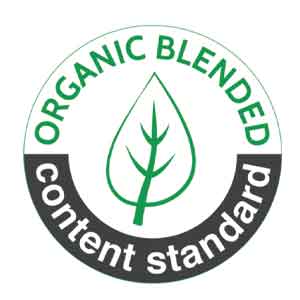
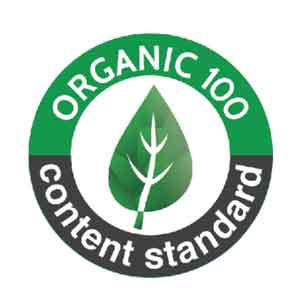
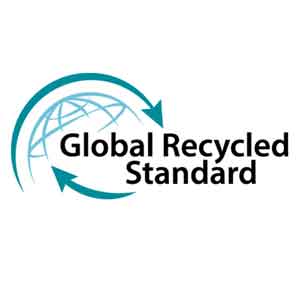
GLOBAL RECYCLE STANDARD
The GRS is an international, voluntary, full product standard that sets out requirements for third-party certification of recycled content, chain of custody, social and environmental practices and chemical restrictions. The goal of the GRS is to increase use of recycled materials in products and reduce/eliminate the harm caused by its production
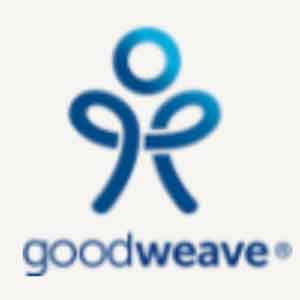
GOODWEAVE
It is a non-profit organization based in Washington, DC that seeks to end exploitative child labor in the carpet industry and offer educational opportunities to children and support to communities affected by exploitative practices. They do this by certifying carpets and rugs free from exploitive production. In order to earn the GoodWeave label, rug exporters and importers must be licensed under the GoodWeave certification programme and sign a legally binding contract to adhere to the no-child labor standard. Importers agree to source only from GoodWeave certified exporters in India, Nepal and any other country in which GoodWeave rugs are available. In the United States and other rug-importing countries, only licensed importers are legally permitted to sell carpets carrying the GoodWeave label.
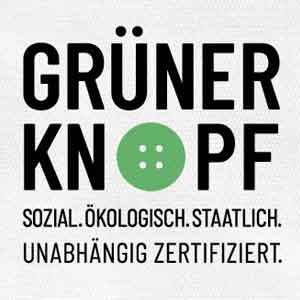
GRUENER KNOPF
Gruener Knopf sets binding requirements to protect people and the environment. A total of 46 demanding social and environmental standards must be complied from e.g. waste, water limits, banning forced labour and much more. The tag is attached directly to the product which is easy to find when shopping reliable and consumer friendly.
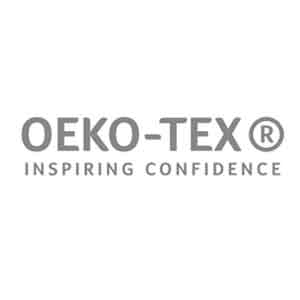
OEKO-TEX
Our OEKO-TEX® labels support you in acting responsibly and making sustainable purchasing decisions. The product labels STANDARD 100 by OEKO-TEX® and LEATHER STANDARD by OEKO-TEX® are available for textile and leather products that have been tested for harmful substances and which are thus safe from a human-ecological perspective. With the MADE IN GREEN by OEKO-TEX® label, you can identify textiles which have been tested for harmful substances and also manufactured under sustainable working conditions. The STeP by OEKO-TEX® certification and the DETOX TO ZERO analysis by OEKO-TEX® optimise the manufacturing process for ecological and socially responsible textile and leather production. The ECO PASSPORT by OEKO-TEX® identifies environmentally friendly chemicals, auxiliaries and colourants used in the textile and leather industry.
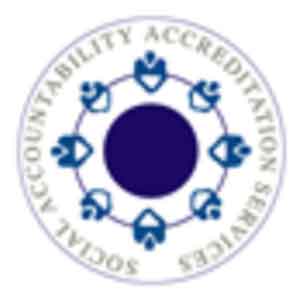
SOCIAL ACCOUNTABILITY ACCREDITATION SERVICE (SAAS)
Supports social responsibility and accountability by ensuring the implementation of credible systems designed to protect people and their communities. As recognition that audit programs must be of high quality, SAAS evaluates and accredits auditing organizations to assure they are qualified to hold their clients accountable to social standards.

